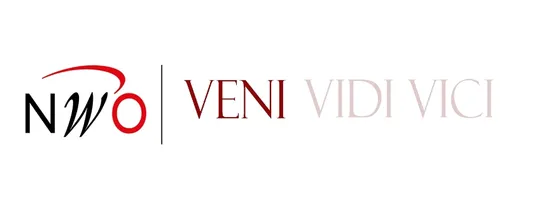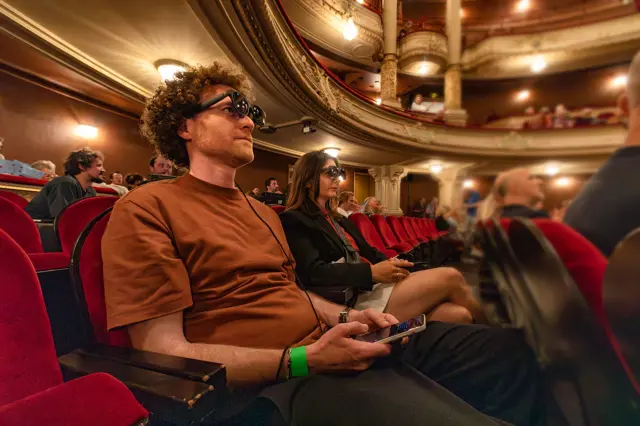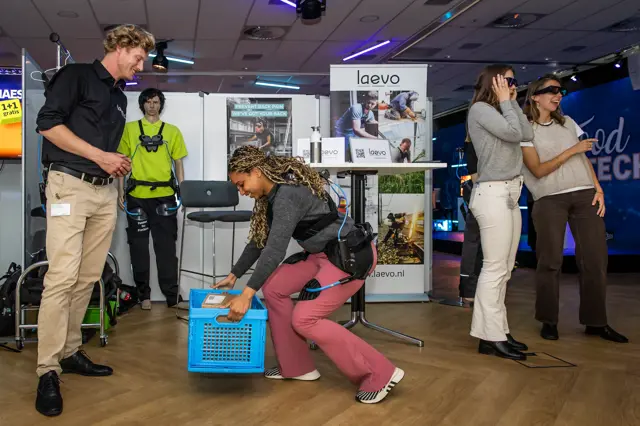< Back to news 


23 January 2025
Hyperbolic Geometry: the solution?
Deep learning excels at tasks like image recognition but often struggles with accuracy when classifying similar objects. UvA researcher Pascal Mettes suggests hyperbolic geometry as a game-changing solution.
Unlike traditional Euclidean space, hyperbolic geometry better supports complex hierarchies, improving classification in fields like biology and AI powered systems. This innovative approach could make AI more reliable and applicable to challenges like molecular research and language models. Mettes hopes hyperbolic geometry will soon become a standard feature in deep learning tools.
The current challenge lies in how AI networks classify objects. Unlike humans, who naturally organize objects into intuitive hierarchies (e.g., apple tree → fruit tree → tree → living organism), AI networks build their classifications in ways that often remain mysterious to us. These classifications exist in a "latent space," typically modeled using Euclidean geometry, which limits the networks' ability to handle hierarchical data effectively.
Mettes proposes incorporating hyperbolic geometry, which grows exponentially like natural hierarchies, into these networks. Early research has already demonstrated that deep learning models enhanced with hyperbolic geometry outperform traditional networks in making complex hierarchical classifications. This breakthrough could revolutionize AI applications in fields like biology, where data on rare species or molecules is scarce. It could also improve scientific research in medicine and chemistry, as well as enhance the performance of language models like ChatGPT.
Vergelijkbaar >
Similar news items

July 22
Veni grants for 28 UvA and Amsterdam UMC researchers
The Dutch Research Council (NWO) has awarded Veni grants to 28 researchers from the University of Amsterdam and Amsterdam UMC.
read more >

July 10
AI glasses display live subtitles in the theatre
Het Nationale Theater is testing AI-powered glasses that provide real-time subtitles during performances—including translation into over 230 languages.
read more >

July 10
Albert Heijn explores AI use, but avoids the hype
At its FoodTech Week, Albert Heijn showcases how AI is already used across logistics, pricing, and customer interaction—yet refuses to adopt a separate AI strategy.
read more >